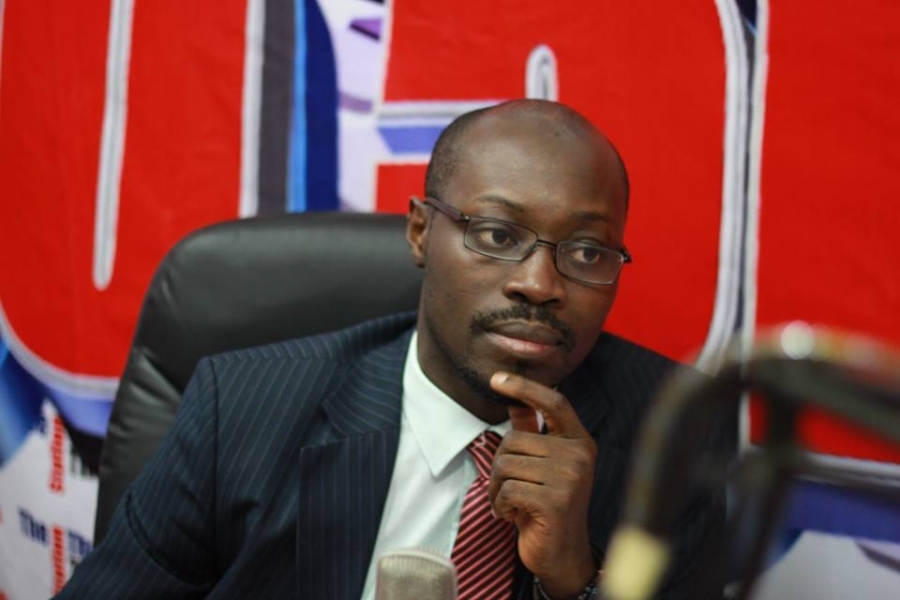
A Deputy Finance Minister Casiel Ato Forson has described as too generalised and sweeping a research finding by the Institute of Economic Affairs raising alarm on Ghana’s suffocating debt profile.
The deputy Minister is convinced government is putting the appropriate mechanisms in place to check Ghana’s rising debt profile.
The Institute said Ghana’s debt has reached unsustainable levels and something urgent must be done about it
Senior Economist with the Institute Dr John Kwakye said with the excessive and unlimited borrowing and spending Ghana risks returning to the early 1980s when the country was on a brink of financial collapse.
Speaking on Joy FM’s news analysis programme, Newsfile, Saturday Dr Kwakye said Ghana’s debt to GDP ratio is now 67 per cent.
Even though initial figures received by the IEA pointed to Ghana going back to a Highly Indebted Poor Country (HIPC) in 2016 if the current borrowing trend is not averted, the IEA Economist indicated Ghana may soon be HIPC by close of 2015.
In 2020, the debt to GDP portfolio will be 100 per cent, the IEA forecasted.
This has dire economic implications to the country Dr Kwakye indicated. He said even as individuals, one should and cannot live beyond his means.
“We are spending excessively and don’t raise revenue enough to cover the spending so we borrow to finance the deficit,” he explained.
Kweku Kwarteng Member of Parliament for Obuasi South who was also on the show painted an even gloomy picture of the economy.
He said if government were to be borrowing to invest in commercial activities the situation would perhaps have been better.
On the contrary, the Obuasi MP said government was borrowing to survive and not to invest in commercial projects.
According to him, Ghana’s debt currently stands at ¢77 billion which is 67 per cent of GDP.
He explained Ghana’s debt was 53 per cent of GDP in 2013 but the government introduced a new policy on loan moratorium which was expected to limit the amount of loan contracted.
Indeed the government hoped to reduce the debt portfolio to 45 per cent of GDP with the new policy in place.
On the contrary, Ghana’s debt has rather increased to 67 per cent of GDP. He argued under this bleak fiscal arrangement, government in 2015 has raised a domestic revenue of 30 billion cedis out of which 12 billion cedis has been sunk into wages. Of the amount left 8 billion cedis is sunk into central business payments and the remaining 10 billion cedis is what is used as payment for interest on loans.
Kweku Kwarteng said with this expenditure, government is left with no money to invest in infrastructure or even to pay statutory funds a reason why the GETFund, NHIA funds and others are all in arrears.
In a response however a deputy Finance Minister Casiel Ato Forson who was also on the show described IEA’s intervention as too sweeping and did not take into consideration fine economic details.
He said the IEA has created the impression that government does not recognise the debt level and its implications, insisting they have put in place stringent policies to curtail the debt levels.
He mentioned the new debt management levels policy that has been approved by Cabinet and Parliament as a way of reducing the unsustainable debt levels.
Mr Forson did not understand why the IEA did not factor into their analysis the medium term prospects of the country, explaining if they had done that they would have realised that the loans taken today would yield the required results tomorrow.
Source: Joy Online




